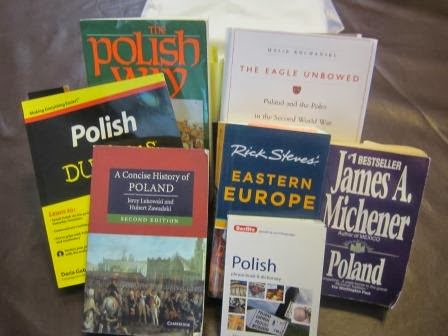 “That Poland survived so many fatal reverses was a testimony to its volatile spirit of freedom.” James A Michener, in the prologue to his 1983 novel Poland.
“That Poland survived so many fatal reverses was a testimony to its volatile spirit of freedom.” James A Michener, in the prologue to his 1983 novel Poland.
To understand where Henry’s story begins, one has to understand the context, time and place of Poland in 1917 when he was born. In hindsight, a trained researcher fluent in Polish would have covered more ground in shorter time than an American woman who couldn’t find Krakow on a map when we began. So under Henry’s patient tutelage I learned as we went along.
My first history lesson came in our first session. Henry spoke of his father Vincenty fighting in the Austrian Army during the first World War. I said ‘You mean Polish army, right?’ ‘No, no, Austrian. There was no Polish Army then.’
Polish history is complicated and brutal. Borders change, names of conquerors change, but always Poland has had to defend herself against outside powers who want the benefits of her lands and people, all whilst these conquerors commit wholesale slaughter. The countries of Prussia/Germany to the west, the Austrian Empire to the south and Russia to the east became threatened by Poland’s independent spirit when it enacted an independent constitution in 1791 patterned after the young United States. These three powers conspired together and each took part of Poland for their own. Poland disappeared from the map of Europe until the end of World War I in 1918.
Conquests and power struggles between Germany (Teutonic Knights) and the Russian empire go back centuries. This history is extremely important to understand the deep-seated aversion (putting it mildly) Poles had for both Germany and Russia (as well as Germany and Russia towards Poland) long before the German invasion of Poland that launched World War II and subsequent post-war domination by Russian communists. Poland has no natural boundaries that define or help defend her borders. She needs strategic allies and counts the United States as a strong friend.
I am nervous/excited as planning and packing wind down and the ‘I’m really doing this’ reality sinks in. I can sense Henry smiling down in amazement that I would still be so interested. But Henry was one of a kind and it’s not just me. This past summer I helped plan his widow’s memorial and we needed a place for the reception. When another friend Pat L. and I walked into the Ahwatukee Recreation Center to ask about use of the facility, there was the cautious ‘Was she a member?’ When we said “Zguda” the manager practically gushed ‘I loooved Henry. We all did. God I still miss him. You just leave this to me. And by the way what ever happened to that book you were supposed to write? We’re still waiting.”
Next stop Krakow. Życz mi szczęścia. (Wish me luck!)


1 Comment.
and the Poles somehow kept their own language through all that? Wow.